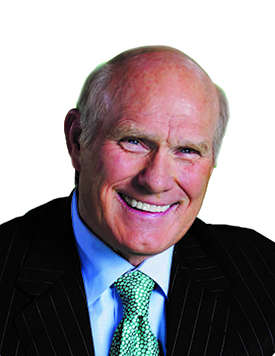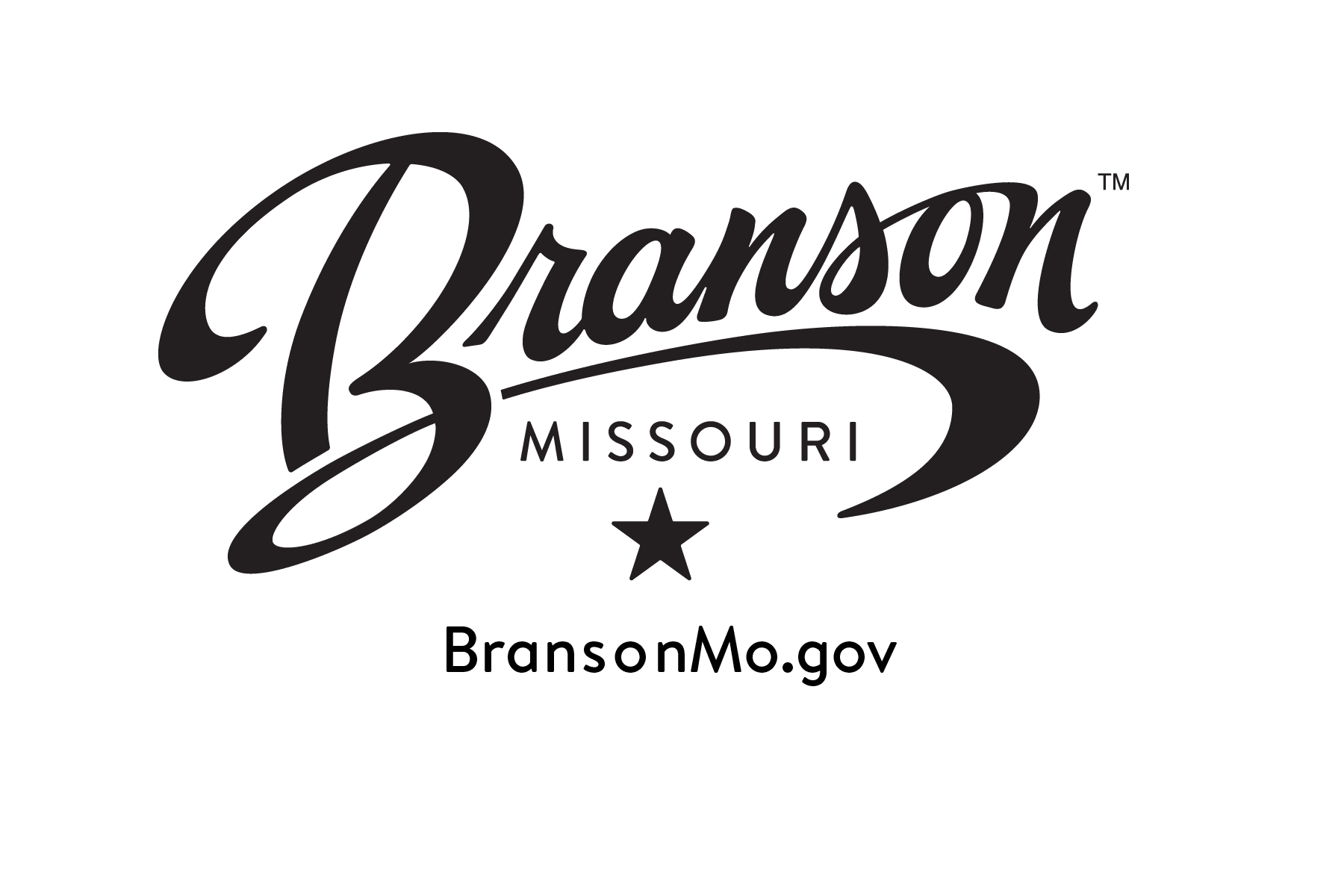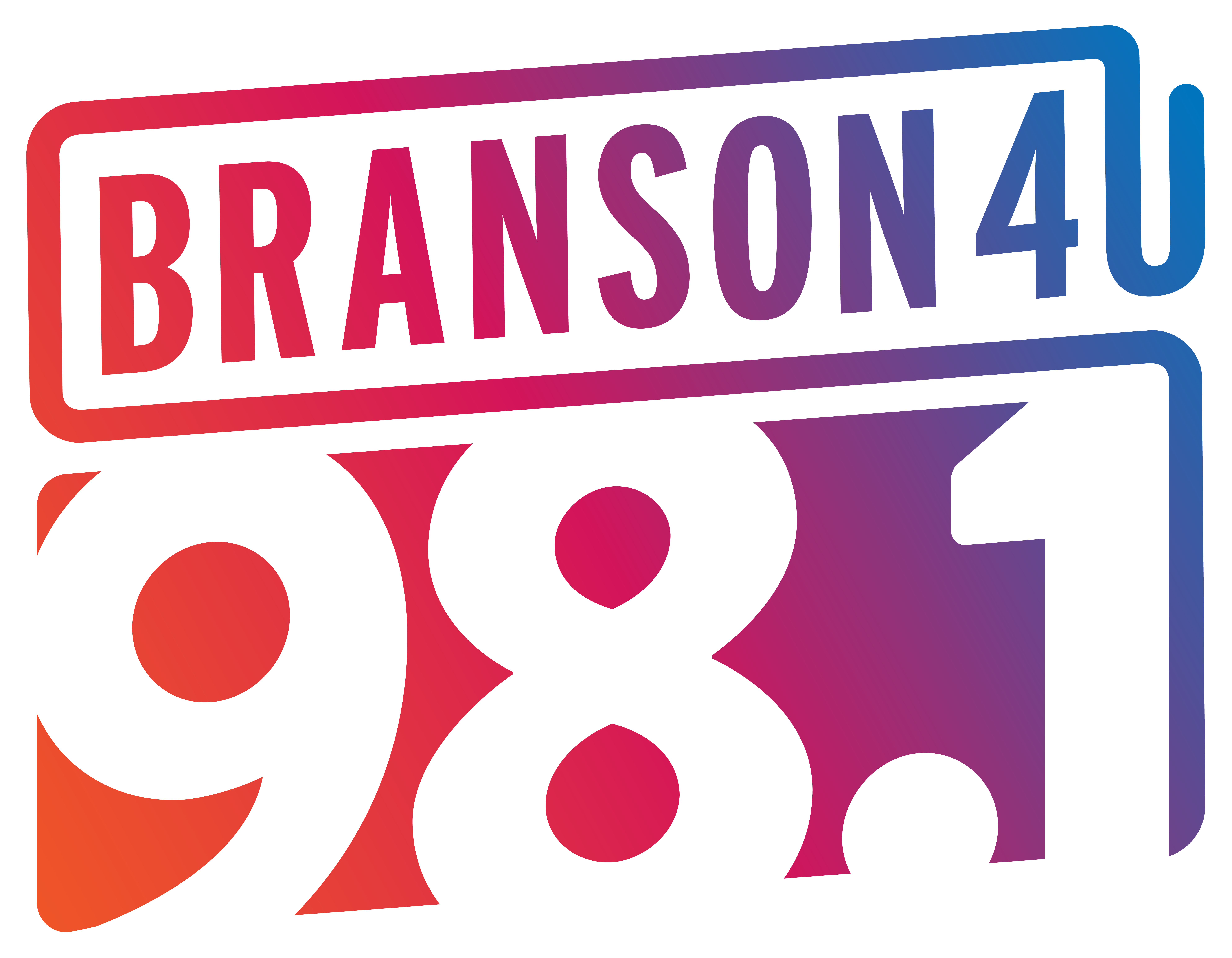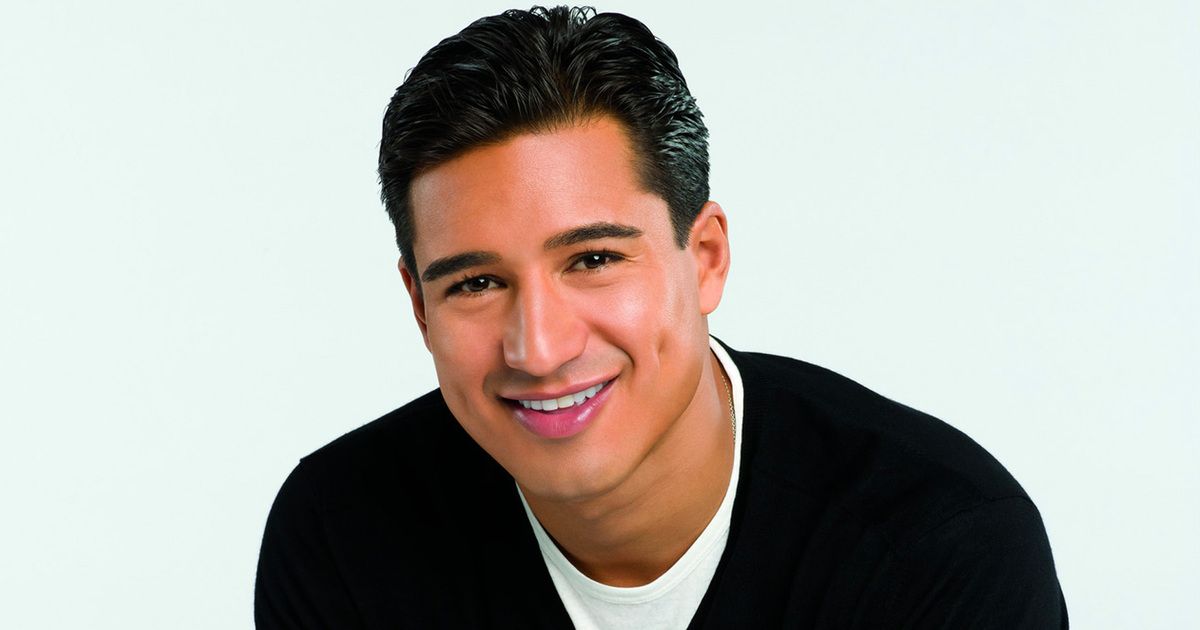
Kristin Higgins from University of Arkansas' Division of Agriculture, Research and Extension discussed state ballot issues on Monday.
Higgins spoke on KHOZ's "Around The Table" about the topic. Early voting is on Oct. 24. First, she talked about Issue one. "It would allow them (legislators) to call themselves into special session if the leaders of the legislature decide that they would like to do this or if two thirds of the legislature submit a petition to call themselves into session," Higgins said. She said special sessions are for issues that pop up between sessions.
These sessions usually cover one or two topics; the sessions would run for three to five days or no more than 15 days. "And so, this proposal would allow the legislature to have the same authority as the governor to call them in," Higgins said. She added that they could overturn governor vetoes as well, she also explained what "extraordinary sessions" or occasions are.
She acknowledged that no definition is included but said in previous years those sessions were called for issues like tax credit, tax changes, COVID, school funding and more. Later, Higgins discussed Issue two. It would impact future Constitutional amendments and citizen-proposed state laws. Higgins said Arkansas is one of 15 states where citizens can put Constitutional amendments, referendums and state laws on the ballot for voters and the legislature to decide. It would raise the voter threshold from 50% to 60% for approval.
The final Issue proposed by the state lawmakers is the Arkansas Religious Freedom Amendment. Higgins said it was put on the ballot to not allow the government to "burden" a person's religious freedom. She said the current state law reads "substantially burden." So, this new law could provide broader protection against the local and state government.
The full interview with Higgins is on the "Around The Table" Facebook Page.






 Terry Bradshaw Honored for Bringing Branson National Buzz and Career
Terry Bradshaw Honored for Bringing Branson National Buzz and Career
 Missouri Voters Approve Minimum Wage Increase Amid Legal Pushback from Businesses
Missouri Voters Approve Minimum Wage Increase Amid Legal Pushback from Businesses
 Lakes Area Man Facing Federal Charges of Receiving Child Pornography
Lakes Area Man Facing Federal Charges of Receiving Child Pornography
 Branson aldermen examine condemnation and eminent domain process for projects
Branson aldermen examine condemnation and eminent domain process for projects





